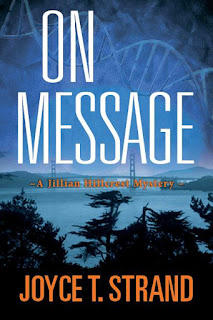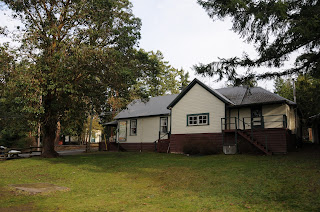I've been offering you my serialized story Magazine Launch
Here's installment two...
And here's installment three...
Magazine Launch 3/7
Byron sat in a reading chair flipping the pages of his paperback. He must have gotten to a really good part. I set my suitcase on the bed, dug out my clothes and laid out my outfit—dress, blazer, earrings. I’m going to look so professional. I ran my hand over the sleeve of my blazer. Just like an author. I’d even remembered a small purse to stow my author reading. And the herbal remedy for my anxiety… And the herbal remedy… I searched my purse. I don’t have… I don’t have… Breathe. I emptied the entire contents of the suitcase. It’s not here. My heart jumped from my chest to my head and tired to pound its way out. My entire body became one, big sweat stain. I can’t… I can’t…
“What’s the matter?” Byron’s words attempted to detach me from the wall.
“I don’t have my rescue remedy and I can’t… not without…”
“Oh, we’ve come all this way. We're here and...”
I knew what he was going to say. 'you're going to read.' He’s so heartless.
“And besides, you’ll be fine.”
“Fine? Do you really think so?” Will I be? Yes. No. Maybe. How can I be? I’ve read to audience before. But… but… My mind was so full that I barely heard his question.
“Of course. How long is your reading?”
“Five minutes.” Five minutes! I can’t read for five minutes. I’ll trip over my words. I’ll say the wrong word. Then they’ll know. They’ll know. “They’ll all know that I’m dyslexic.”
“What’s you’re reading about?”
“Being dyslexic.”
“And you’re worried that they’ll learn you’re dyslexic.”
“Yes.” Brief pause. “That doesn’t make sense. Does it?”
“No.” He held me. “The audience will have read your story. Everyone will know how hard reading is for you. They’ll all be pulling for you.”
“Do you really think so?”
“Yes, of course. And besides, if you make a mistake no one will even notice.”
If I make a mistake? There’s no if; there’s only when. When I make a mistake everyone will laugh. They’ll all laugh and they’ll know that I’ll never be one of them. I’ll never be a writer. They didn’t choose my story because it’s good. They choose it because they feel sorry for me. Well, I don’t need their pity. I’m just as good as everyone else. And I have to prove it. I have to be prefect. I can’t make any mistakes. None. Negative thoughts haunted me as the hours slipped away. I tried to eat but I just wasn’t hungry. I tried to practice my reading but it just sounded so dumb. So, instead, I raced around like a crazy person—had a shower, dressed, brushed my hair, put on make-up. Ignoring the tornado, Byron’s nose remained in his book.
“Are you ready?” I asked.
“What? Already? It’s only 7 o’clock,” he told me. “We still have an hour.”
“Yes, but what if we get lost? And… And…” I can’t be late.
“We won’t get lost.”
“How can you be so sure? We’ve never gone there before. We don’t know Victoria. We could get lost. Just because it’s not your thing you think it’s not important but it is important to me.”
“Fine. Fine.”
It didn’t take him long to get ready and we were out the door. Victoria was no match for Byron. He easily navigated the streets and soon we’d arrived at the Orange Hall on 1620 Fernwood.Last weekend I went to the Mayne Island car show and saw...





























